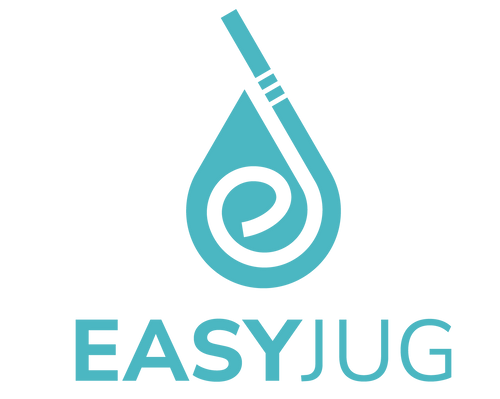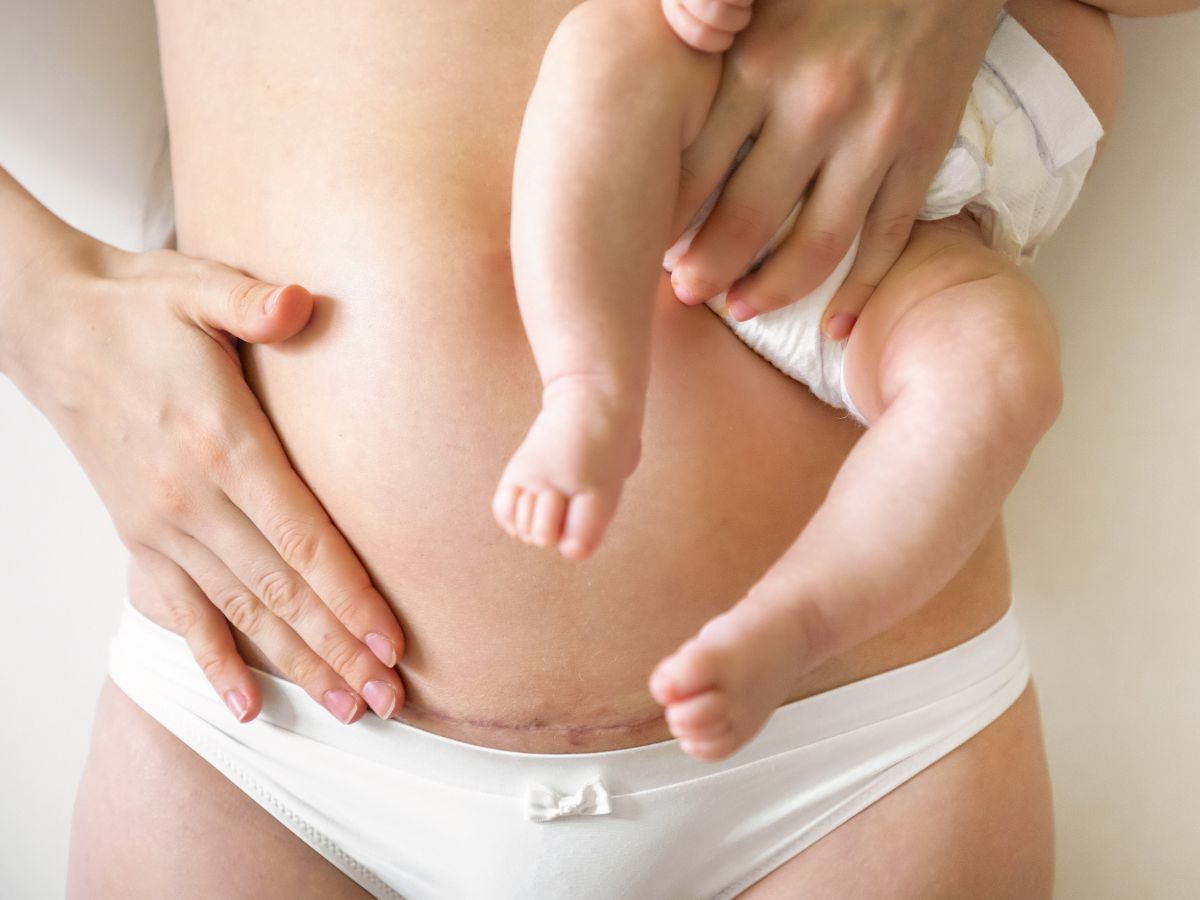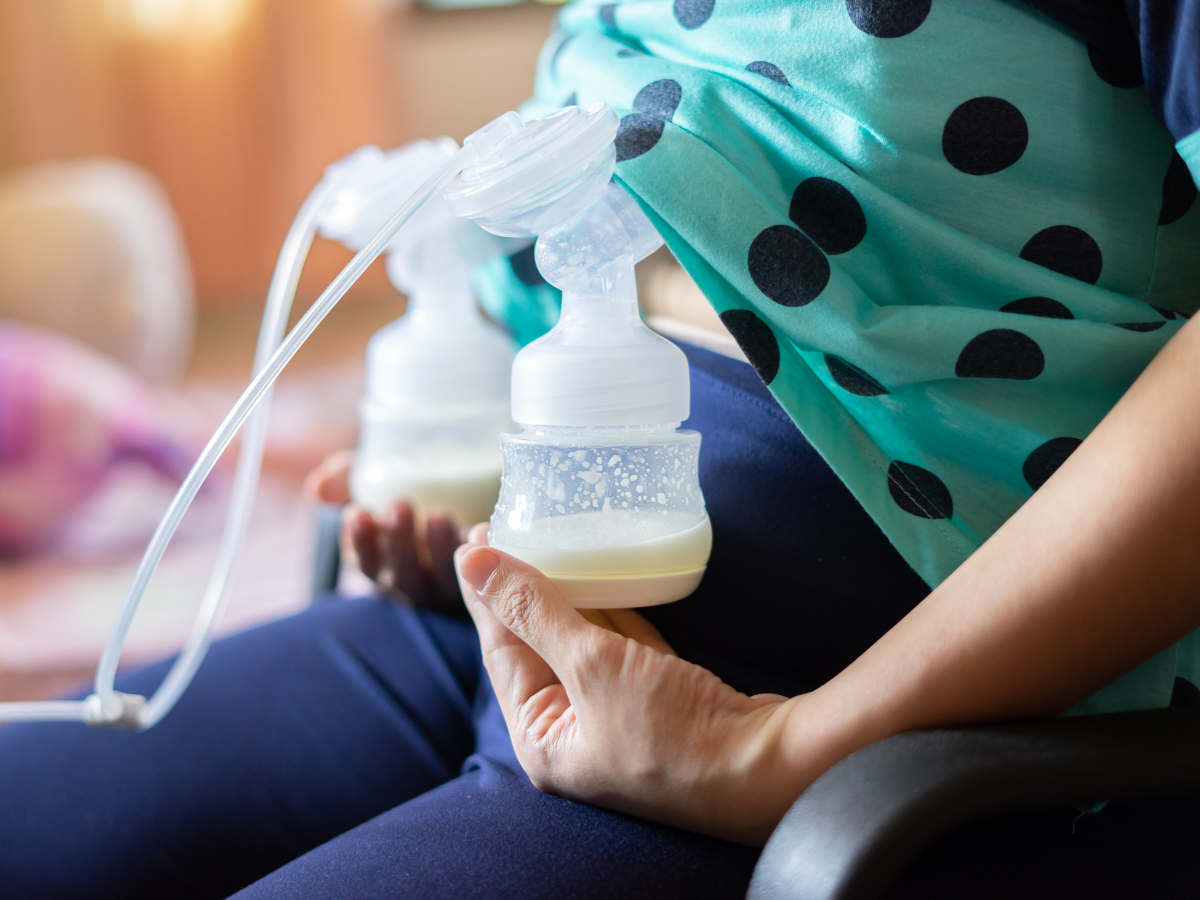Navigating the postpartum period can be overwhelming for new mothers, but a well-designed postpartum nursing care plan can make a significant difference. These plans are essential for addressing the physical, emotional, and psychological needs of new mothers, ensuring that both they and their babies receive the best possible care. An effective postpartum care plan includes monitoring vital signs, managing pain and discomfort, providing emotional and psychological support, addressing nutritional needs, facilitating effective breastfeeding, ensuring comprehensive infant care, managing potential complications, and supporting mental health and well-being. By implementing these strategies, new mothers can achieve a smoother and more fulfilling postpartum recovery experience.
Understanding Postpartum Nursing Care Plans for Mother
A postpartum nursing care plan is designed to address the physical, emotional, and psychological needs of new mothers. It involves a comprehensive approach to ensure that both the mother and baby receive the best possible care. Here’s what an effective postpartum care plan includes:
1. Monitoring Vital Signs and Physical Health
Healthcare providers play a vital role in regularly monitoring the mother's vital signs, including blood pressure, heart rate, and blood flow. This helps in early detection of any complications such as postpartum hemorrhage or excessive bleeding.

2. Managing Pain and Discomfort
Postpartum women often experience pain and discomfort due to cesarean sections, perineal lacerations, or uterine contractions. Pain management strategies, including the use of pain medications and relaxation techniques like warm compresses and sitz baths, are essential for comfort and recovery.
-
Pain Medications
- Over-the-counter pain relievers: Non-prescription medications like ibuprofen or acetaminophen can help alleviate mild to moderate pain.
- Prescription pain medications: For more severe pain, healthcare providers may prescribe stronger pain relief options. Always consult with your healthcare provider to ensure safe use, especially when breastfeeding.
-
Warm Compresses
- Applying warm compresses to areas of discomfort can help relax muscles and ease pain, especially for uterine contractions and perineal lacerations.
-
Sitz Baths
- Sitz baths are particularly beneficial for those recovering from vaginal delivery or perineal lacerations. Soaking in warm water can reduce pain, swelling, and promote healing.
-
Ice Packs
- Ice packs can be applied to the perineal area to reduce swelling and provide pain relief following vaginal delivery or cesarean section.
-
Pelvic Floor Exercises
- Strengthening the pelvic floor muscles can alleviate discomfort and support recovery. Kegel exercises are a simple yet effective way to achieve this.
-
Physical Therapy
- Consulting a physical therapist can provide tailored exercises and techniques to manage pain and improve mobility, particularly after a cesarean birth or significant changes in the body postpartum.
-
Relaxation Techniques
- Techniques such as deep breathing, meditation, and progressive muscle relaxation can help manage acute pain and reduce feelings of sadness or stress associated with postpartum depression.
-
Supportive Garments
- Wearing a postpartum girdle or supportive underwear can help alleviate discomfort from surgical incisions and provide abdominal support.
-
Stool Softeners
- Postpartum women often experience difficulty with bowel movements. Using stool softeners can prevent straining and reduce pain associated with perineal lacerations or hemorrhoids.
3. Emotional and Psychological Support
The emotional changes and psychological adjustments new mothers go through can be overwhelming. Providing emotional support through healthcare professionals, support groups, and family members can help manage mood swings, baby blues, and depressive symptoms.
Top 10 Highly Recommended Postpartum Support Groups
-
Postpartum Support International (PSI)
- Website:Postpartum Support International
- PSI offers a wide range of resources and support for new mothers, including online support groups, a helpline, and connections to local resources.
-
La Leche League International (LLLI)
- Website:La Leche League International
- LLLI provides support and education for breastfeeding mothers, including local group meetings and online forums.
-
Motherhood Reclaimed
- Website:Motherhood Reclaimed
- This group focuses on providing support for mothers experiencing postpartum depression and anxiety, offering online support groups and resources.
-
The Village
- Website:The Village
- The Village offers support groups for new mothers, including specialized groups for postpartum depression, anxiety, and general parenting support.
-
Moms Supporting Moms
- Website:Moms Supporting Moms
- This group provides online support for postpartum women, including forums and virtual meetings to share experiences and receive encouragement.
-
BabyCenter Community
- Website:BabyCenter Community
- BabyCenter offers a large online community with forums and groups dedicated to various aspects of postpartum recovery and parenting.
-
Peanut
- Website:Peanut
- Peanut is an app designed to connect mothers for peer support, offering groups and discussions on postpartum recovery, breastfeeding, and more.
-
New Mom Support
- Website:New Mom Support
- This organization offers online support groups and resources for new mothers, focusing on mental health and postpartum well-being.
-
Solace for Mothers
- Website:Solace for Mothers
- Solace for Mothers provides support for women who have experienced birth trauma, including online support groups and educational resources.
-
The Blue Dot Project
- Website:The Blue Dot Project
- This organization aims to raise awareness and provide support for postpartum depression, offering online communities and resources for new mothers.

These support groups offer various forms of assistance, from online forums and virtual meetings to local group gatherings, ensuring that new mothers have access to the support they need during the postpartum period.
4. Addressing Nutritional Needs
A balanced diet rich in lean proteins and vital nutrients is crucial for recovery and lactation. Healthcare providers should offer dietary advice to support the mother’s nutritional needs, aiding in her overall health and well-being.
5. Facilitating Effective Breastfeeding
Lactation consultants can assist with breastfeeding challenges, ensuring the baby receives adequate nutrition and the mother avoids issues like ineffective breastfeeding and pain. Regular follow-up appointments are vital to track progress and address any concerns.
6. Ensuring Comprehensive Infant Care
Newborn care is an integral part of the postpartum period. From monitoring the baby’s growth and development to educating mothers on infant care practices, healthcare providers must offer comprehensive care and guidance.
7. Managing Postpartum Complications
Early detection and management of potential complications such as blood clots, infections at the incision site, and placental abruption are critical. Immediate medical attention and appropriate interventions can prevent severe outcomes.
8. Supporting Mental Health and Well-being
Mental health is as important as physical health during the postpartum period. Encouraging activities that promote mental well-being, such as light exercise, relaxation techniques, and connecting with support systems, can significantly enhance a mother’s recovery journey.

1. MamasteFit
Website: MamasteFit
MamasteFit offers prenatal and postpartum fitness programs, emphasizing the importance of mental and physical well-being through exercise and community support. Their resources include online classes, workshops, and a supportive community.
2. Postpartum Support International (PSI)
Website: Postpartum Support International
PSI provides a wide range of resources for new mothers, including support groups, educational materials, and a helpline. They aim to increase awareness and provide support for postpartum mental health issues.
3. Headspace
App/Website: Headspace
Headspace offers guided meditations and mindfulness exercises that can help new mothers manage stress and improve their mental well-being. The app includes specific programs tailored for new parents.
4. Calm
App/Website: Calm
Calm provides guided meditations, sleep stories, and relaxation techniques designed to reduce stress and improve mental well-being. The app includes resources specifically for new mothers.

Building a Strong Support System
The support system for postpartum women extends beyond healthcare providers. Family members and friends play a crucial role in providing emotional support and practical assistance. Home visits by healthcare professionals can also ensure the mother’s individual needs are met, fostering a nurturing environment for both mother and baby. An essential addition to this support system is a postpartum doula, who can offer specialized services to aid in the recovery process.
The Role of a Postpartum Doula
A postpartum doula is a trained professional who provides continuous physical, emotional, and informational support to a mother during the postpartum period. Their goal is to ensure that the mother has a smooth transition into motherhood, helping her feel confident and supported. Here are some of the key services a postpartum doula offers:
-
Emotional Support
- Postpartum doulas provide compassionate, non-judgmental support to new mothers, helping them navigate the emotional challenges of the postpartum period. They offer a listening ear, reassurance, and practical advice, which can be invaluable for managing mood swings, baby blues, and postpartum depression.
-
Breastfeeding Assistance
- Doulas can offer hands-on support with breastfeeding, helping mothers with latch techniques, positioning, and addressing common breastfeeding challenges. This support can be crucial in establishing successful breastfeeding practices and ensuring the baby receives adequate nutrition.
-
Newborn Care Guidance
- Postpartum doulas provide education and guidance on newborn care, including diapering, bathing, soothing techniques, and understanding newborn behavior. This can help new parents feel more confident and capable in their caregiving roles.
-
Physical Recovery Support
- Doulas can assist with the physical recovery of the mother by providing information on postpartum exercises, encouraging rest, and suggesting techniques to manage pain and discomfort. They can also help with practical tasks like meal preparation and light housekeeping to allow the mother to focus on healing.
-
Practical Assistance
- In addition to emotional and physical support, postpartum doulas can help with everyday tasks that can be overwhelming for new mothers. This includes preparing meals, running errands, and assisting with older siblings, ensuring the mother has the time and space to rest and bond with her newborn.
-
Resource Referral
- Postpartum doulas are knowledgeable about local resources and can refer families to additional support services, such as lactation consultants, pediatricians, mental health professionals, and parenting classes. This can ensure that mothers have access to comprehensive care and support.

Benefits of Having a Postpartum Doula
-
Reduced Stress and Anxiety
- The presence of a postpartum doula can significantly reduce stress and anxiety for new mothers by providing continuous support and reassurance. This can lead to a more positive postpartum experience and a quicker recovery.
-
Enhanced Confidence
- With the guidance and support of a doula, new mothers can feel more confident in their ability to care for their newborn and manage the challenges of the postpartum period. This confidence can improve overall well-being and strengthen the mother-infant bond.
-
Improved Breastfeeding Success
- Research has shown that mothers who receive support from a postpartum doula are more likely to breastfeed successfully and for a longer duration. This is due to the practical assistance and encouragement doulas provide.
-
Better Physical Recovery
- Postpartum doulas help mothers prioritize their physical recovery by encouraging rest, proper nutrition, and appropriate exercise. This can lead to a quicker and more complete recovery from childbirth.
-
Stronger Family Bonding
- By taking on practical tasks and providing emotional support, postpartum doulas allow mothers and their families to focus on bonding with the new baby. This can strengthen family relationships and create a nurturing environment for the baby’s development.
The Importance of Hydration During Postpartum
Hydration plays a critical role in the postpartum recovery process, impacting both the physical and emotional well-being of new mothers. At EasyJug, we emphasize the significance of staying well-hydrated, especially for breastfeeding mothers. Here’s why hydration is so essential during the postpartum period and how EasyJug can support your hydration needs:
Physical Benefits of Hydration
-
Supports Breast Milk Production
- Adequate hydration is crucial for maintaining an ample supply of breast milk. Breastfeeding mothers need extra fluids to support milk production, ensuring their baby receives the necessary nutrients for growth and development.
-
Aids in Recovery
- Staying hydrated helps the body recover from the physical demands of childbirth. It supports tissue repair, reduces the risk of infections, and helps manage common postpartum issues like constipation and urinary incontinence.
-
Regulates Body Temperature
- Hydration helps regulate body temperature, which is especially important for new mothers who may experience hormonal fluctuations and night sweats.
-
Reduces Fatigue
- Proper hydration can help combat fatigue and boost energy levels. New mothers often experience sleep deprivation, and staying hydrated can help them feel more alert and less exhausted.
-
Supports Weight Loss
- Drinking water can aid in weight loss by promoting a feeling of fullness and boosting metabolism. This can be particularly beneficial for mothers looking to return to their pre-pregnancy weight.
Emotional and Psychological Benefits of Hydration
-
Enhances Mood
- Dehydration can negatively affect mood and cognitive function. Staying hydrated helps maintain mental clarity and emotional stability, which is crucial for managing the psychological changes and mood swings common in the postpartum period.
-
Reduces Stress
- Hydration supports the body's ability to cope with stress by maintaining optimal bodily functions and promoting relaxation.
Tips for Staying Hydrated
-
Carry a Water Bottle
- Keep a water bottle with you at all times, making it easy to sip throughout the day. EasyJug offers convenient and stylish water bottles designed to meet the hydration needs of busy new mothers.
-
Set Reminders
- Use phone alarms or apps to remind yourself to drink water regularly. This can help establish a consistent hydration routine.
-
Infuse Your Water
- Adding natural flavors like lemon, cucumber, or berries can make drinking water more enjoyable and encourage you to drink more.
-
Track Your Intake
- Keep track of your daily water intake to ensure you are meeting your hydration goals. Aim for at least eight glasses of water a day, but adjust based on your individual needs and breastfeeding demands.
-
Monitor Urine Color
- A simple way to check hydration levels is by monitoring the color of your urine. Light yellow or clear urine typically indicates proper hydration.
Why EasyJug is the Best Water Bottle for Postpartum Moms
As a new mother, staying hydrated is crucial for your recovery and the well-being of your baby. EasyJug is designed specifically with postpartum moms in mind, providing a practical and convenient solution to meet your hydration needs during this demanding time. Here’s why EasyJug stands out as the best water bottle for postpartum moms:
Hands-Free Hydration with a Long Straw
EasyJug's standout feature is its long, 47-inch straw, allowing you to hydrate hands-free in any breastfeeding position, even while lying down. This design ensures you can stay comfortably hydrated without needing to sit up or adjust your position, making it perfect for those early postpartum days when movement can be uncomfortable.
Essential for Your Hospital Bag
Packing EasyJug in your hospital bag is a game-changer. After delivery, it may be uncomfortable to move or sit up, but staying hydrated is essential for recovery and breastfeeding. With EasyJug, you can easily drink water without straining, ensuring you get the fluids you need right from the start.
Convenient for Your Nursing Station
Keep EasyJug at your nursing station to stay hydrated while holding your baby. The hands-free design means you can sip water effortlessly, even when your hands are full. This convenience is especially helpful during those long nursing sessions, ensuring you remain hydrated and comfortable.
Perfect for Late-Night Feeds
Late-night feeds can be challenging, but EasyJug makes it easier. Keep EasyJug by your bedside so you can hydrate comfortably in the side-lying position. The long straw ensures you don’t have to sit up, allowing you to nurse and drink water without disturbing your resting position.
Leak-Proof and Easy to Use
After drinking, simply clip the straw on top of the lid to prevent leakage. This feature ensures that you can sip and relax without worrying about spills, making EasyJug a hassle-free solution.

Comprehensive Bundle for Convenience
The EasyJug Ultimate Bundle includes everything you need to maintain healthy hydration habits:
- EasyJug Hands-Free Water Bottle with Long Straw: A 2.2L capacity ensures you have plenty of water to stay hydrated throughout the day.
- External Clip: Keep your water within reach at all times.
- Cleaning Brush: Easily clean your straw to maintain hygiene.
Supporting Your Breastfeeding and Recovery Journey
Hydration plays a vital role in promoting healthy habits, supporting breastfeeding, and aiding in postpartum recovery. EasyJug ensures you can stay hydrated efficiently, which is crucial for maintaining an ample milk supply and supporting your body's healing process.
The Role of EasyJug in Postpartum Care
At EasyJug, we recognize the importance of staying hydrated, especially for breastfeeding mothers. Our products are designed to make hydration simple and efficient, ensuring that new mothers can focus on their recovery and their baby’s needs. With features that cater to the unique challenges faced by postpartum women, EasyJug is here to support you every step of the way.
Explore More Articles on Postpartum Care
At EasyJug, we are dedicated to providing comprehensive support and information to new mothers navigating the postpartum period. Our collection of articles is designed to address various aspects of postpartum care, ensuring that mothers have access to valuable resources and guidance. Here are some of our featured articles that you won't want to miss:

1. The Ultimate Guide to Herbal Baths for Postpartum Healing
Herbal baths are a soothing and effective way to promote healing and relaxation during the postpartum period. This ultimate guide covers the best herbs to use, how to prepare herbal baths, and the numerous benefits they offer, including reducing inflammation, soothing perineal lacerations, and promoting overall well-being.
2. New Mother Postpartum Nursing Care Plans for Home
Creating a comprehensive nursing care plan for home is essential for new mothers. This article provides step-by-step guidance on developing a personalized care plan that includes monitoring vital signs, managing pain, ensuring proper nutrition, and providing emotional support. It emphasizes the importance of a holistic approach to postpartum recovery.
3. Postpartum Anxiety Test: A New Mother's Essential Evaluation
Postpartum anxiety can significantly impact a new mother's well-being. This article introduces an essential evaluation tool to help mothers identify symptoms of postpartum anxiety early. It also offers practical tips and resources for managing anxiety, ensuring that new mothers receive the support they need.
4. Postpartum Girdle Benefits to Support Recovery
Wearing a postpartum girdle can offer numerous benefits for new mothers, including abdominal support, pain relief, and improved posture. This article explores the various types of postpartum girdles available, how to choose the right one, and the ways in which they can aid in the recovery process after childbirth.
Conclusion
In conclusion, understanding and implementing an effective postpartum nursing care plan is crucial for the health and well-being of both the mother and baby. By addressing the physical, emotional, and psychological needs through comprehensive care, new mothers can navigate the postpartum period more smoothly. From monitoring vital signs and managing pain to providing emotional support and facilitating breastfeeding, each aspect plays a vital role in the recovery journey. Hydration is especially important, and EasyJug stands out as the perfect companion for postpartum moms, offering convenience, comfort, and support. Explore our other articles for more insights and tips to ensure a healthy and fulfilling postpartum experience. At EasyJug, we are committed to supporting new mothers every step of the way.







